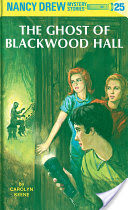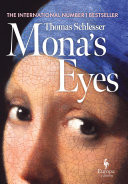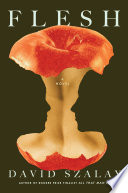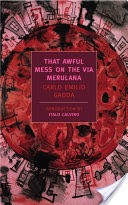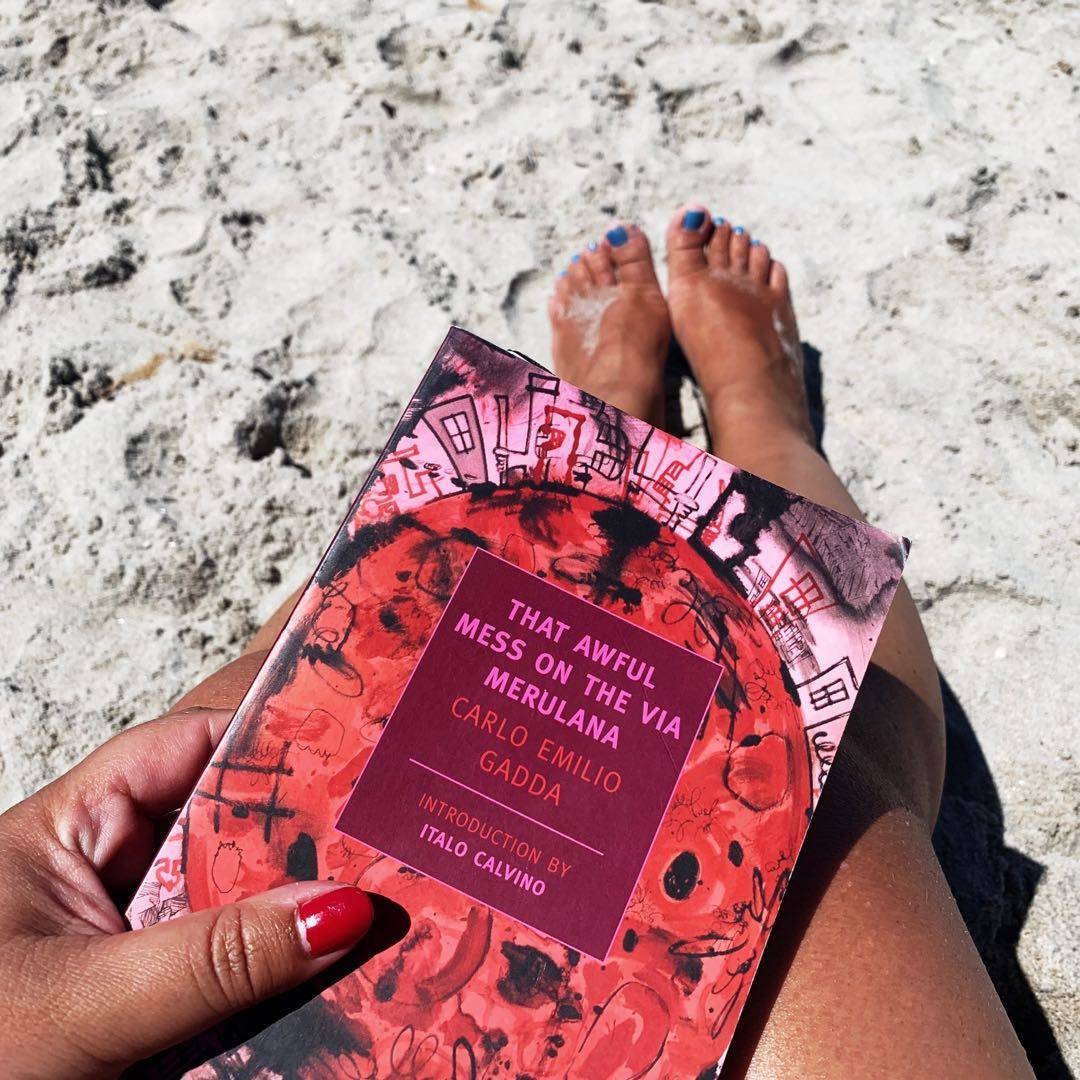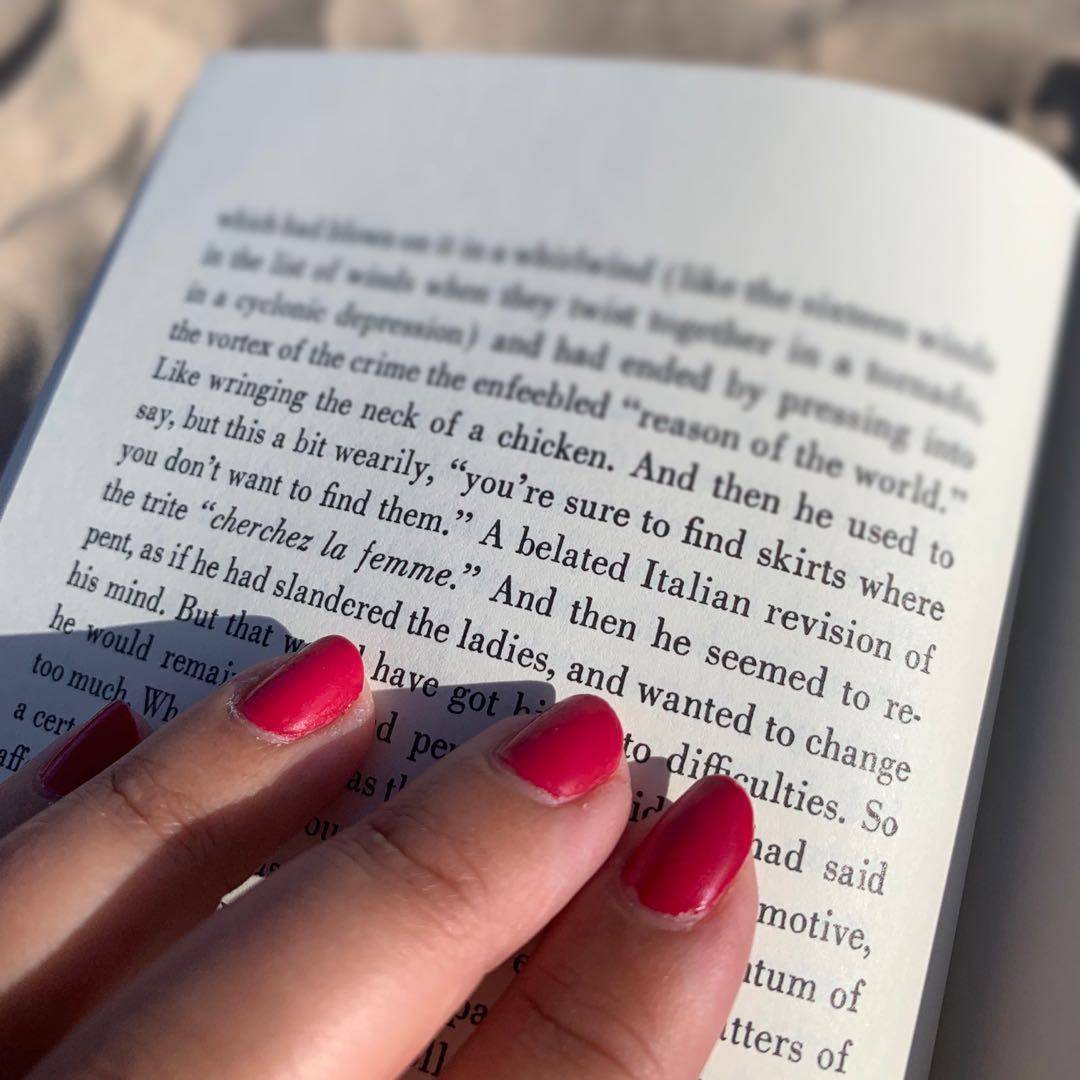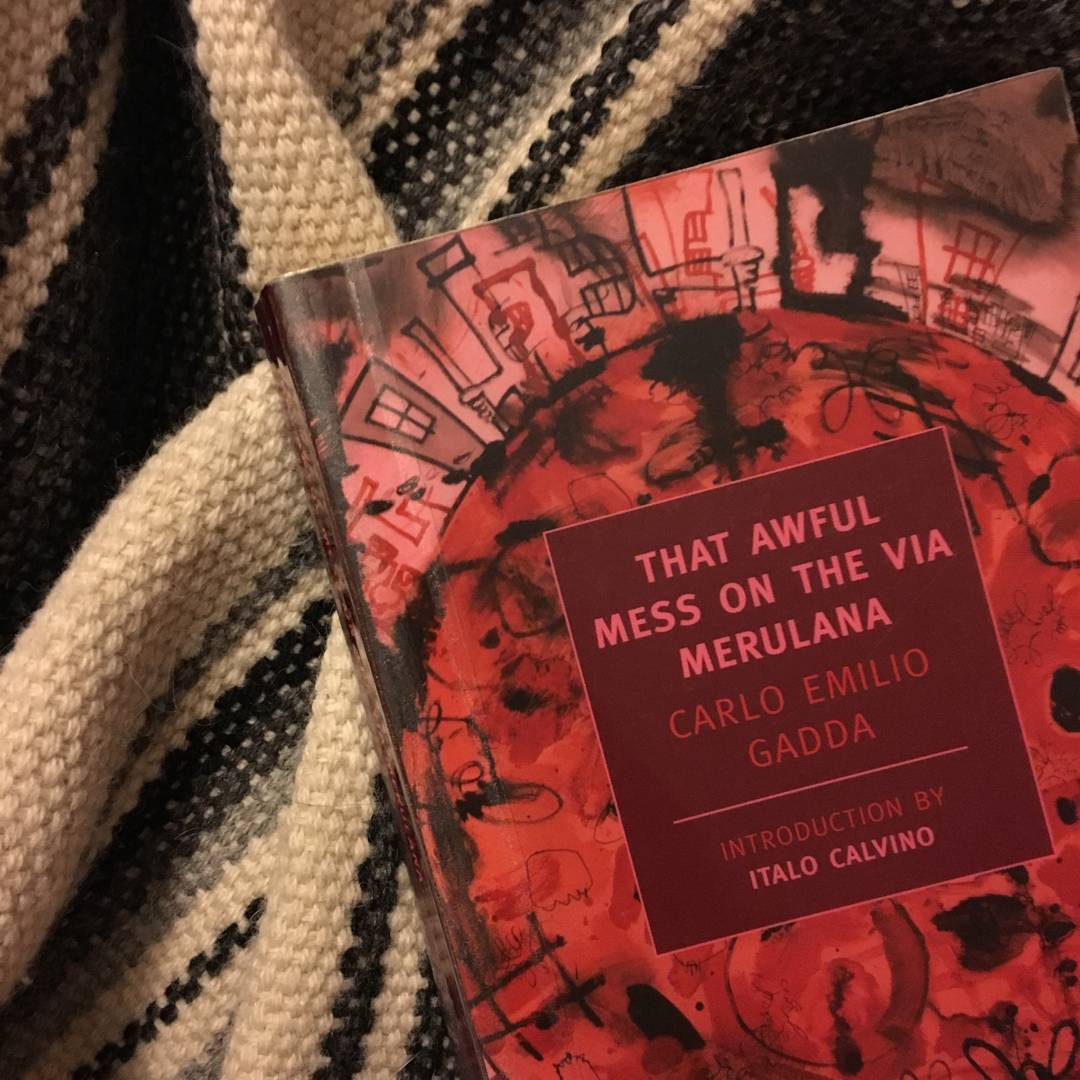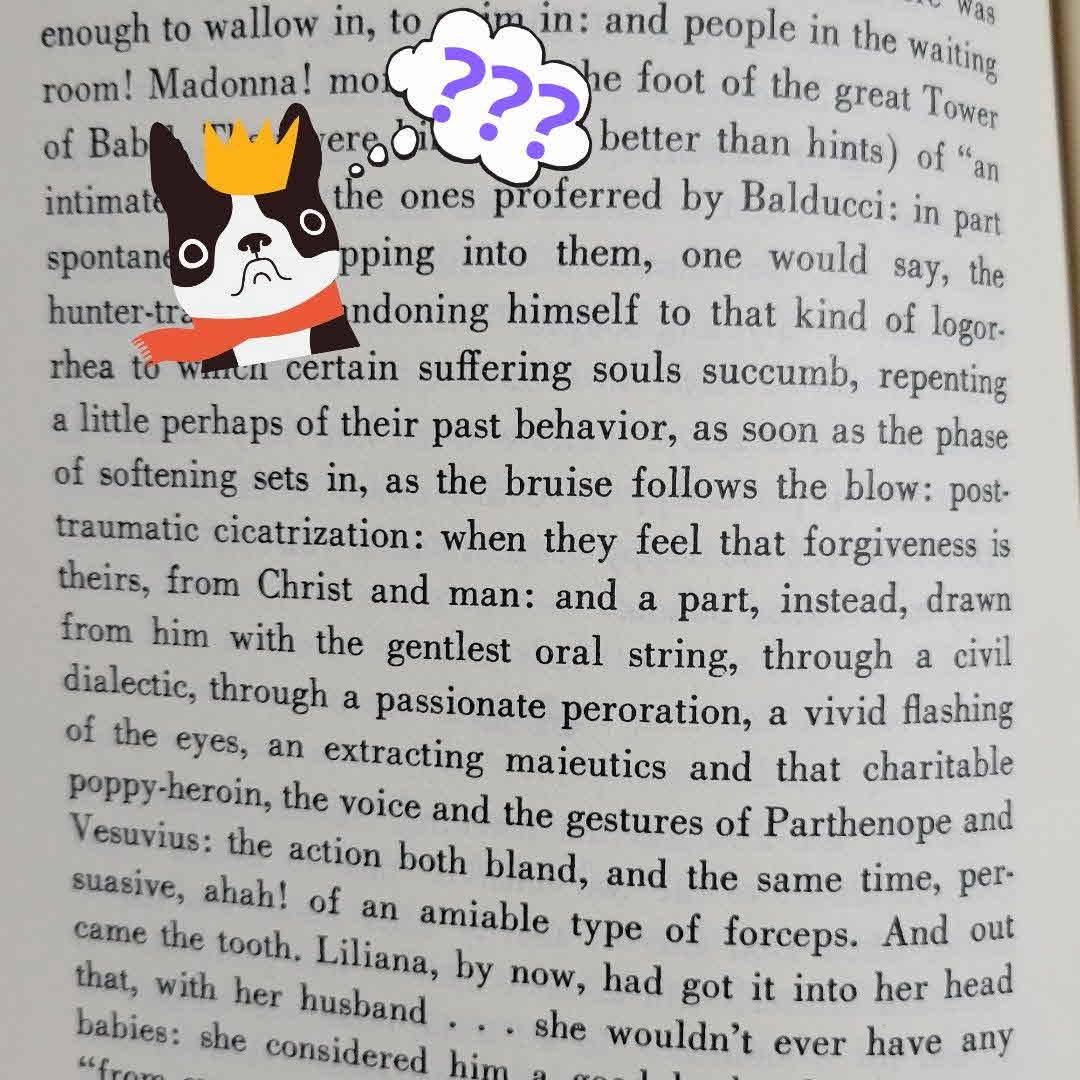
#nyrbbookclub members I'm struggling with my first NYRB selection since the monthly picks. I like a challenge every now and then, but to give you an idea of what this one is like, this single sentence (which is too long to fit in its entirety) contains the phrases: "post-traumatic cicatrization", "passionate peroration", and "an extracting maieutics" ?? I'm torn about continuing - not exactly the murder mystery I was hoping for!







